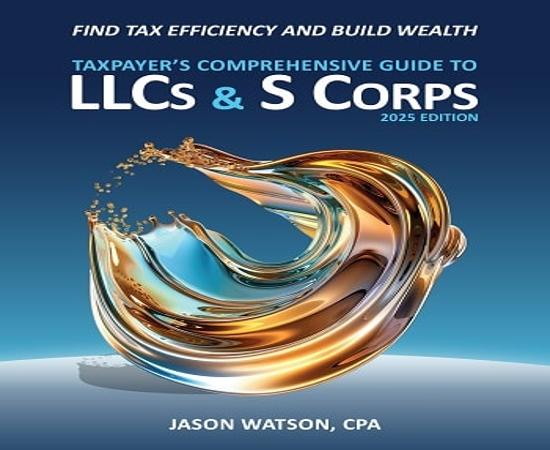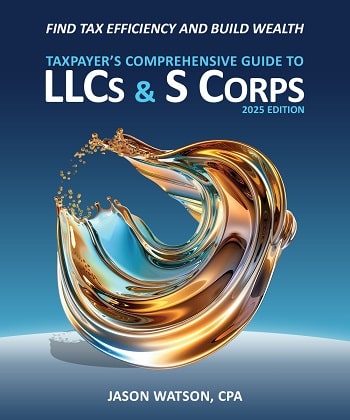The Ultimate Taxpayer’s Comprehensive Guide to LLCs and S Corps
Welcome to the ultimate resource for taxpayers looking to understand the intricacies of LLCs and S Corps. In this comprehensive guide, we will delve into the benefits of these business structures, provide detailed explanations, and address some frequently asked questions to help you navigate the world of LLCs and S Corps with confidence.
The Benefits of LLCs and S Corps
Before we dive into the nitty-gritty details, let’s explore the key advantages of setting up your business as an LLC or an S Corp. These structures offer limited liability protection, pass-through taxation, and flexibility in management and ownership.
A Detailed Explanation of LLCs and S Corps
LLCs, or limited liability companies, combine the liability protection of a corporation with the tax benefits of a partnership. On the other hand, S Corps, or S corporations, allow for pass-through taxation while still providing liability protection to its shareholders. Understanding the nuances of these structures is crucial for making informed decisions about your business.
Frequently Asked Questions
1. What is the difference between an LLC and an S Corp?
An LLC is a more flexible business structure that offers limited liability protection and pass-through taxation. An S Corp, on the other hand, is a corporation that has elected to be taxed as a pass-through entity while still providing liability protection to its shareholders.
2. How do I decide whether to form an LLC or an S Corp?
The choice between an LLC and an S Corp depends on various factors such as your business goals, tax considerations, and the level of formalities you are willing to undertake. Consulting with a tax professional can help you make an informed decision.
3. Can an LLC elect to be taxed as an S Corp?
Yes, an LLC can choose to be taxed as an S Corp by filing Form 2553 with the IRS. This election can help LLC owners save on self-employment taxes while still enjoying the liability protection of an LLC.
4. What are the compliance requirements for LLCs and S Corps?
LLCs and S Corps have specific compliance requirements such as holding annual meetings, keeping accurate financial records, and filing annual reports with the state. Failing to meet these obligations can expose you to potential penalties.
5. How can the taxpayer’s comprehensive guide help me navigate LLCs and S Corps?
The taxpayer’s comprehensive guide, authored by Jason Watson, is a valuable resource that provides in-depth information on tax strategies, compliance issues, and best practices for LLCs and S Corps. By following the advice in the guide, you can make well-informed decisions about your business structure.
Conclusion
In conclusion, understanding the fundamentals of LLCs and S Corps is essential for any taxpayer looking to optimize their business structure. By leveraging the insights provided in the taxpayer’s comprehensive guide, you can navigate the complexities of LLCs and S Corps with confidence and set your business up for success.


